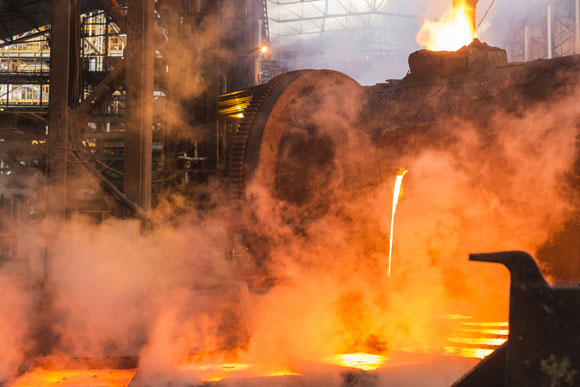Protests Shake Top Copper Producer as Chile Pulls Out of APEC Summit
Global copper mine production through the first seven months of 2019 declined by 1.3% year over year, according to a recent report by the International Copper Study Group (ICSG).
Concentrate production fell 1.0%, while solvent extraction-electrowinning fell by 2.7% during the period, according to the ICSG.
Keep up to date on everything going on in the world of trade and tariffs via MetalMiner’s Trade Resource Center.
Protests Shake Top Copper Producer Chile
No. 1 copper producer Chile saw its production fall 2% during the aforementioned period on the back of lower copper head grades and production disruptions.
The country has been rocked by protests in the capital, Santiago, and other cities this month.
Amid the unrest, the country announced it had pulled out of hosting two upcoming major international summits — the Asia-Pacific Economic Cooperation (APEC) summit and the COP25 climate summit — the BBC reported.
Of note, U.S. President Donald Trump and Chinese President Xi Jinping were scheduled to meet during the APEC summit to discuss a possible first-phase trade deal, according to media reports.
Last week, workers at BHP’s Escondida mine — the world’s largest copper mine — held a daylong strike in solidarity with protestors, Reuters reported. On the heels of protests, which kickstarted nearly two weeks ago, the Santiago stock market has fallen approximately 9%, CNBC reported.
Elsewhere, mine production increased in No. 2 producer Peru; production also increased in Australia, China and Mexico.
Copper Deficit Hits 325K Tons
As for supply, the ICSG reported a global copper deficit of 325,000 tons through the first seven months of the year (excluding Chinese unreported/bonded stocks).
When adjusted for changes in Chinese bonded stocks, the deficit is estimated at 297,000 tons, up from a deficit of 234,000 tons during the same period in 2018.
Refined Production Flat
Meanwhile, production of refined copper during the aforementioned period was about flat compared with 2018 production levels.
For the first seven months of 2019, primary production fell 0.5%, while secondary production from scrap increased 1.5%.
Chile saw a 35% decline in refined electrolytic output “due to temporary smelter shutdowns whilst undergoing upgrades to comply with new environmental regulations.”
China’s output increased, however, as did output in Australia, Brazil, Iran and Poland.
Prices Rise in September
Copper prices in September made gains.
Looking for metal price forecasting and data analysis in one easy-to-use platform? Inquire about MetalMiner Insights today!
The average LME cash price ticked up 0.7% in September compared with the August average, according to the ICSG.
The slight increase comes after the metal touched its 2019 low Sept. 3, falling to $5,537 per ton.
Meanwhile, through the end of September, the 2019 high for the metal was reached March 1 ($6,572 per ton).



Leave a Reply